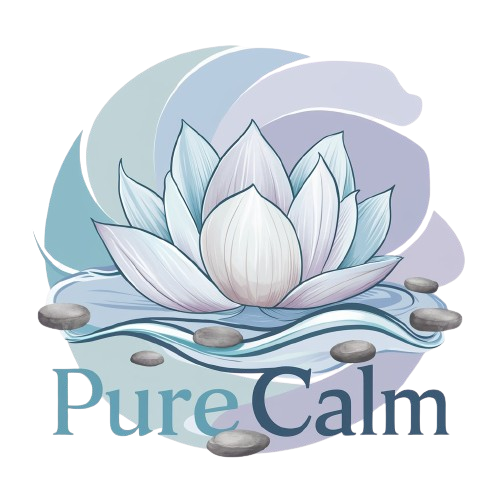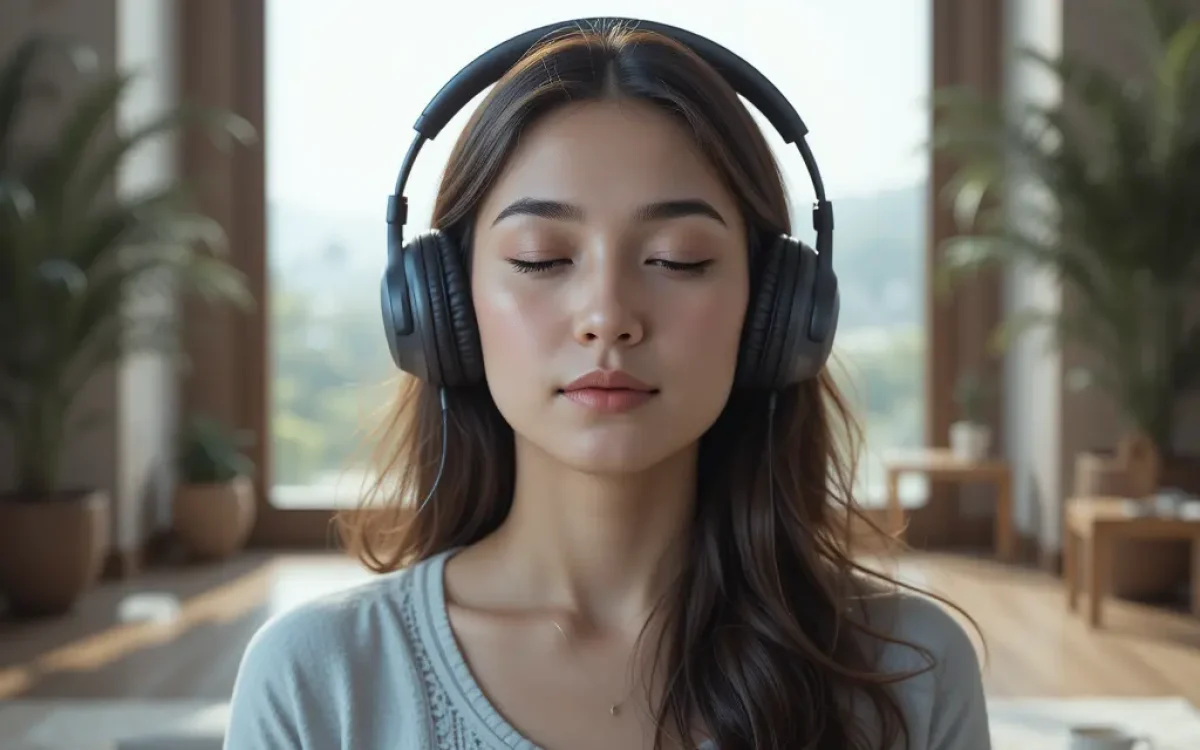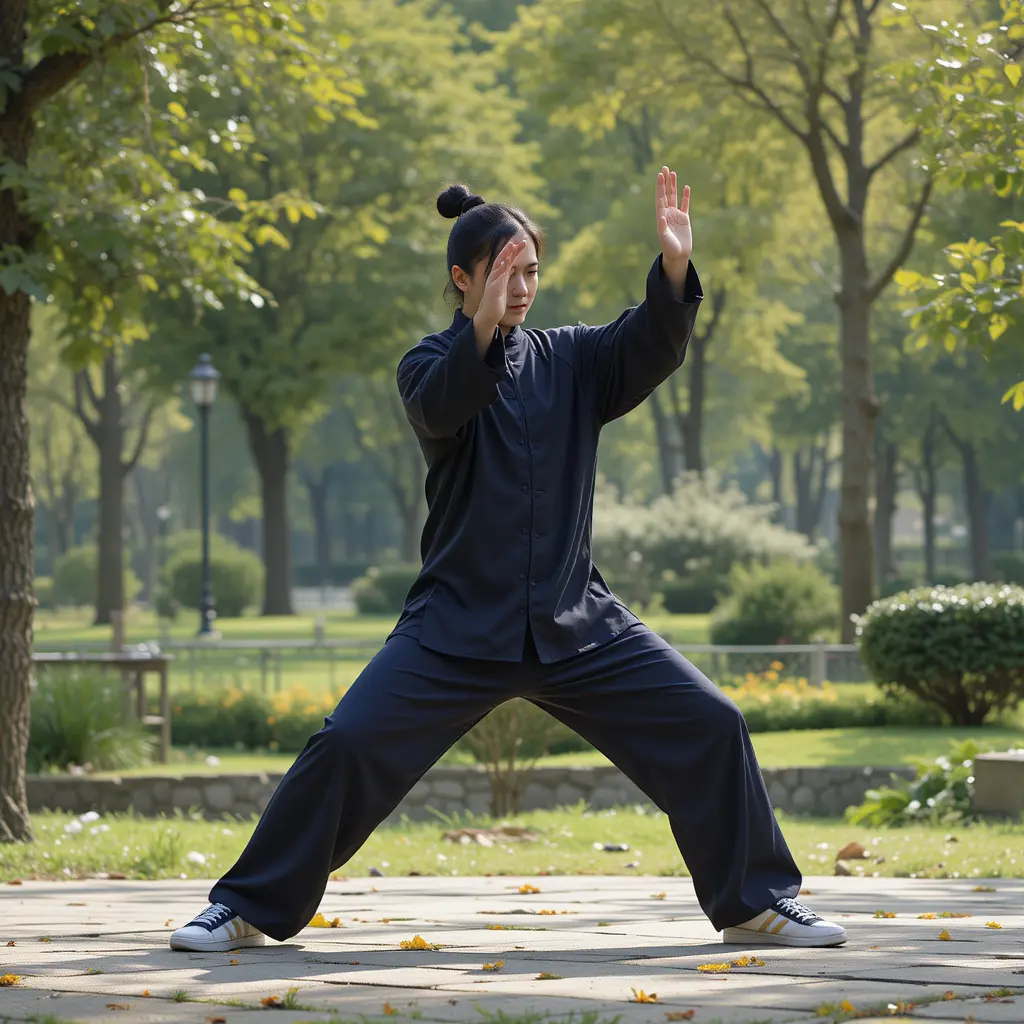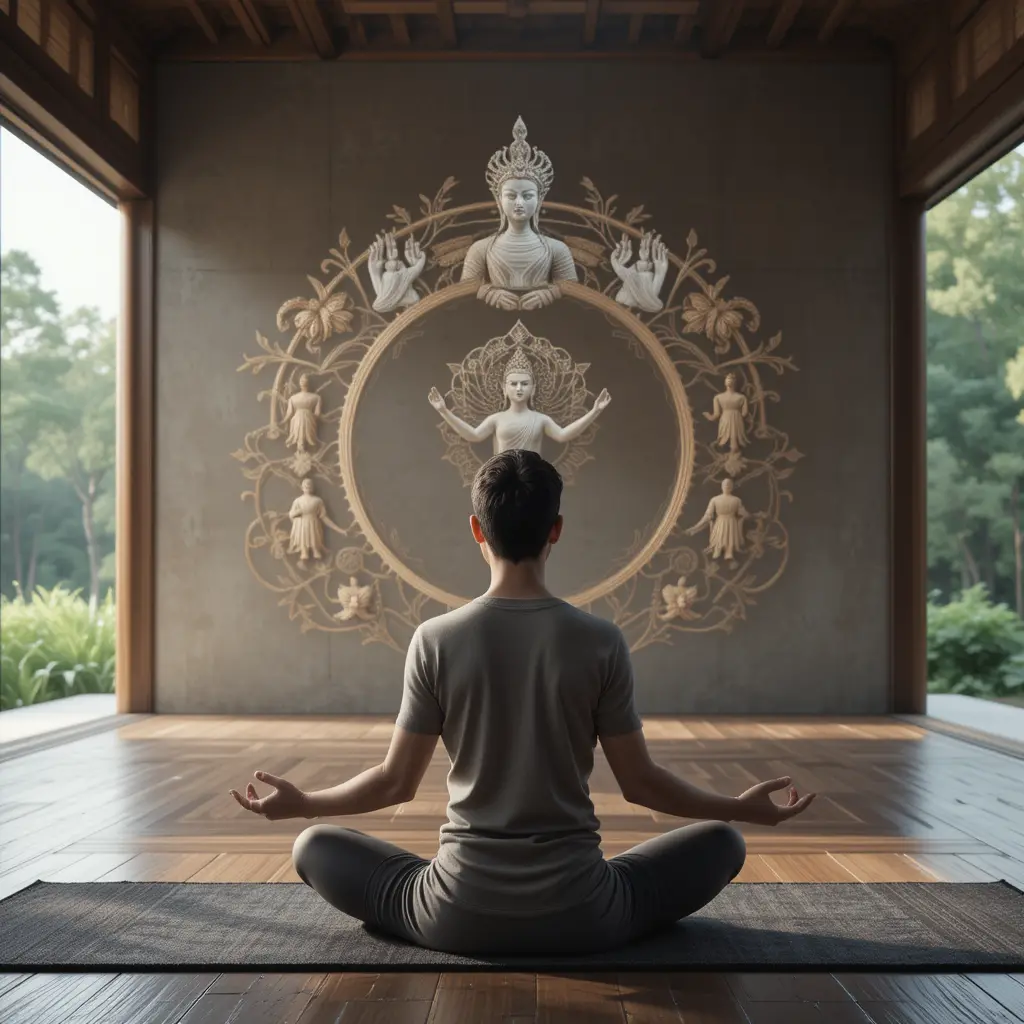Imagine a tool that can calm your mind and ease your worries in just a few minutes. Guided meditation offers this possibility, providing a structured approach to reducing anxiety. This practice involves listening to a narrator who leads you through a series of calming visualizations and breathing exercises. By focusing your attention and guiding your thoughts, it helps to create a sense of peace and relaxation. In this article, we will explore how guided meditation works and how you can use it effectively to manage anxiety.
Understanding Anxiety and Its Impact
Anxiety is a common experience that many people face in their daily lives. It can feel like a constant weight on your shoulders, making even simple tasks seem daunting. Understanding anxiety and its impact is crucial for finding effective ways to manage it. As a Meditation Expert, I believe that guided meditation can be a powerful tool in this journey.
What is Anxiety?
Anxiety is a natural response to stress, but when it becomes overwhelming, it can interfere with daily life. Imagine you’re about to give a speech. Your heart races, palms sweat, and thoughts scatter. This is anxiety at work. While some anxiety is normal, excessive anxiety can lead to more serious issues. In my experience, guided meditation offers a way to calm these racing thoughts and bring a sense of peace.
The Impact of Anxiety
The impact of anxiety can be profound, affecting both mental and physical health. It can lead to insomnia, headaches, and even heart problems. I once worked with a client who described anxiety as a “storm in the mind.” Through guided meditation, they learned to find the eye of the storm, a place of calm amidst chaos. This practice not only reduced their anxiety but also improved their overall well-being.
Incorporating guided meditation into your routine can be a game-changer. It helps you focus on the present moment, reducing the grip of anxiety. If you’re wondering how to use guided meditation to reduce anxiety, start with short sessions and gradually increase the time. Remember, it’s about progress, not perfection. With patience and practice, you can transform your relationship with anxiety.
What is Guided Meditation?
Guided meditation is a powerful tool that can help you find peace and clarity in a busy world. Imagine having a personal guide who gently leads you through a journey of relaxation and self-discovery. This is what guided meditation offers. It’s like having a friend who knows exactly what you need to hear to calm your mind and ease your anxiety.
Understanding Guided Meditation
Guided meditation involves listening to a narrator who provides instructions and imagery to help you relax. This technique is especially useful for beginners who might find it challenging to meditate on their own. The guide’s voice acts as an anchor, keeping your mind focused and present. In my experience, guided meditation can be a game-changer for those struggling with anxiety. It’s like having a map when you’re lost in a forest, showing you the way out.
One of my favorite meditation techniques involves visualizing a peaceful place. During a session, the guide might ask you to picture a serene beach or a quiet forest. This imagery can transport you away from stress and into a state of calm. I remember a time when I was overwhelmed with work. I used guided meditation to imagine myself walking along a tranquil beach, and it truly helped me regain my focus.
The Benefits of Guided Meditation
Guided meditation offers numerous benefits. It can reduce anxiety, improve focus, and enhance overall well-being. By following the guide’s instructions, you learn to let go of tension and embrace relaxation. Personally, I find that guided meditation helps me connect with my inner self, providing insights and clarity that I might not achieve otherwise. It’s a simple yet effective way to incorporate mindfulness into your daily routine.
In conclusion, guided meditation is a valuable practice for anyone looking to reduce anxiety and improve mental health. Whether you’re new to meditation or a seasoned practitioner, having a guide can make the experience more accessible and enjoyable. So, why not give it a try? You might just find the peace and tranquility you’ve been searching for.
Benefits of Guided Meditation for Anxiety
Guided meditation is a powerful tool that can help reduce anxiety. It offers a structured approach to calming the mind, which is especially beneficial for those who find it difficult to meditate alone. As a meditation expert, I often see how this practice transforms lives, providing a sense of peace and clarity.
Understanding the Benefits of Meditation
One of the primary benefits of meditation is its ability to create a mental space where anxiety cannot thrive. Imagine your mind as a cluttered room. Guided meditation acts like a gentle hand, helping you tidy up, making room for calm and focus. This process not only reduces anxiety but also enhances overall well-being.
In my experience, many people find that guided meditation helps them connect with their inner selves. This connection fosters a deeper understanding of personal triggers and stressors. For instance, a client once shared how guided sessions helped her identify the root of her anxiety, which was linked to work stress. With this insight, she could address the issue more effectively.
Real-World Impact
Guided meditation is not just about sitting quietly; it’s about engaging with your thoughts in a meaningful way. A friend of mine, who struggled with anxiety for years, found solace in guided meditation. She described it as having a personal coach in her mind, guiding her through the chaos. This analogy perfectly captures the essence of how to use guided meditation to reduce anxiety effectively.
Moreover, the benefits of meditation extend beyond mental health. It can improve sleep, boost concentration, and even enhance creativity. These are not just claims; they are realities I’ve witnessed in my practice. The journey of meditation is personal, yet its effects are universally profound.
How to Use Guided Meditation to Reduce Anxiety
Guided meditation can be a powerful tool in managing anxiety. It offers a structured approach to calming the mind, which can be particularly beneficial for those who find it challenging to meditate alone. As a meditation expert, I often recommend guided sessions to beginners and seasoned practitioners alike. The gentle guidance helps maintain focus and provides a sense of security, which is crucial when dealing with anxiety.
Understanding Guided Meditation Practices
Guided meditation practices involve listening to a narrator who leads you through a series of visualizations and breathing exercises. Imagine it as having a personal coach for your mind. This method can be especially helpful for those who struggle with racing thoughts. For instance, I once worked with a client who described her mind as a “never-ending carousel of worries.” Through guided meditation, she learned to step off that carousel and find peace.
In my opinion, the beauty of guided meditation lies in its accessibility. You don’t need any special equipment or a quiet room. You can practice it anywhere, even during a lunch break at work. The key is consistency. Regular practice can significantly reduce anxiety levels over time. I remember a time when I was overwhelmed with work stress. A simple 10-minute guided session during my break made a world of difference.
Personal Experiences and Tips
From my experience, the most effective way to use guided meditation to reduce anxiety is to find a voice and style that resonates with you. Some prefer a soothing, gentle voice, while others might find a more authoritative tone comforting. It’s like choosing a favorite song; it should feel right to you. I once tried a session with a voice that was too energetic for my taste, and it left me more anxious than before. So, take your time exploring different options.
Ultimately, guided meditation is about creating a safe space for your mind. It’s a journey, not a destination. Embrace the process, and remember that it’s okay to have days when meditation feels challenging. The important thing is to keep showing up for yourself. With patience and practice, you’ll find that guided meditation can be a valuable ally in your quest to reduce anxiety.
Tips for Incorporating Guided Meditation into Daily Life
Incorporating guided meditation into your daily life can be a transformative experience. It offers a pathway to reduce anxiety and cultivate a sense of peace. As a Meditation Expert, I often find that the key to success lies in consistency and personalization. Let’s explore some practical tips to seamlessly integrate this practice into your routine.
Start Small and Build Gradually
When beginning a daily meditation routine, it’s crucial to start small. Imagine learning to play an instrument; you wouldn’t begin with a complex symphony. Similarly, start with just five minutes a day. This approach helps you build a habit without feeling overwhelmed. I remember a client who began with short sessions and gradually increased the duration as they became more comfortable. This method not only made meditation a part of their life but also significantly reduced their anxiety.
Create a Dedicated Space
Having a dedicated space for meditation can enhance your practice. Think of it as your personal sanctuary, a place where you can escape the chaos of daily life. It doesn’t have to be elaborate; a simple corner with a cushion or chair can suffice. I personally find that having a specific spot helps signal my mind that it’s time to relax and focus. This small change can make a big difference in how effectively you use guided meditation to reduce anxiety.
Remember, the journey of meditation is personal. What works for one person might not work for another. Experiment with different times of the day, various guided meditation styles, and see what resonates with you. These meditation tips are just starting points. The most important thing is to find what feels right for you and stick with it. Over time, you’ll likely notice a profound impact on your mental well-being.
Conclusion
As we reach the end of our exploration on how to use guided meditation to reduce anxiety, it’s clear that this practice offers a gentle yet powerful tool for mental well-being. Guided meditation, much like a trusted friend, walks you through the storm of anxiety, offering a safe harbor of calm and clarity.
The Power of Consistency
In my experience as a meditation expert, consistency is key. Imagine guided meditation as a daily cup of tea. At first, it might seem like just a warm beverage, but over time, it becomes a comforting ritual that soothes the soul. Regular practice helps to reduce anxiety by creating a familiar space where the mind can rest.
One of my students once shared how guided meditation transformed her life. She compared it to learning to ride a bike. Initially, she wobbled and fell, but with persistence, she found balance. Similarly, guided meditation requires patience and practice, but the rewards are profound.
Embracing the Journey
Guided meditation is not a quick fix. It’s a journey, much like planting a garden. You sow the seeds of mindfulness, nurture them with attention, and eventually, you reap the benefits of a more peaceful mind. Personally, I find that the journey itself is as rewarding as the destination.
In conclusion, embracing guided meditation can be a transformative experience. It offers a path to reduce anxiety and cultivate inner peace. Remember, the journey is yours to shape, and every step forward is a victory. So, why not start today?






